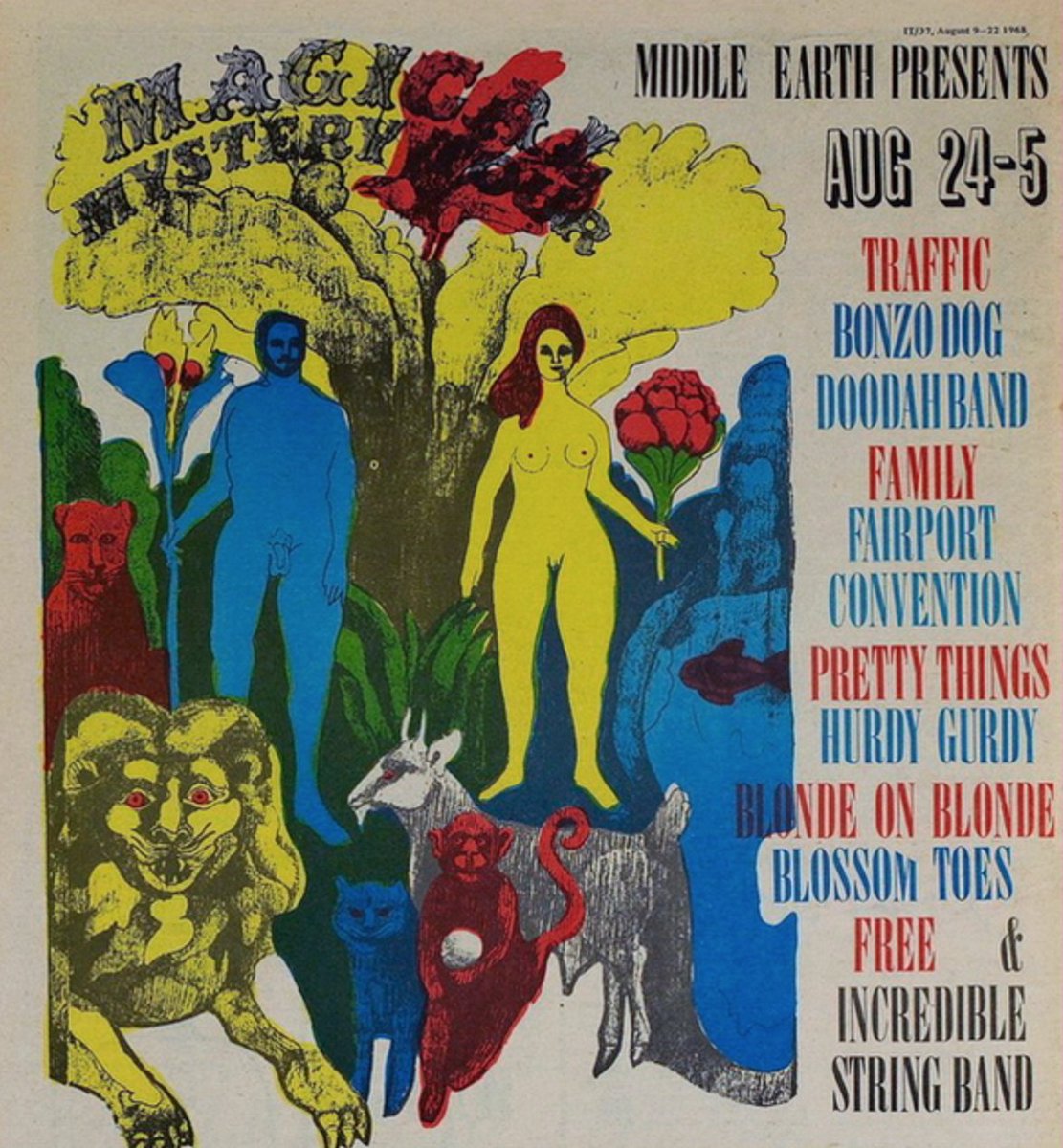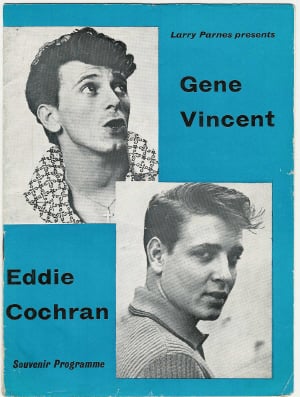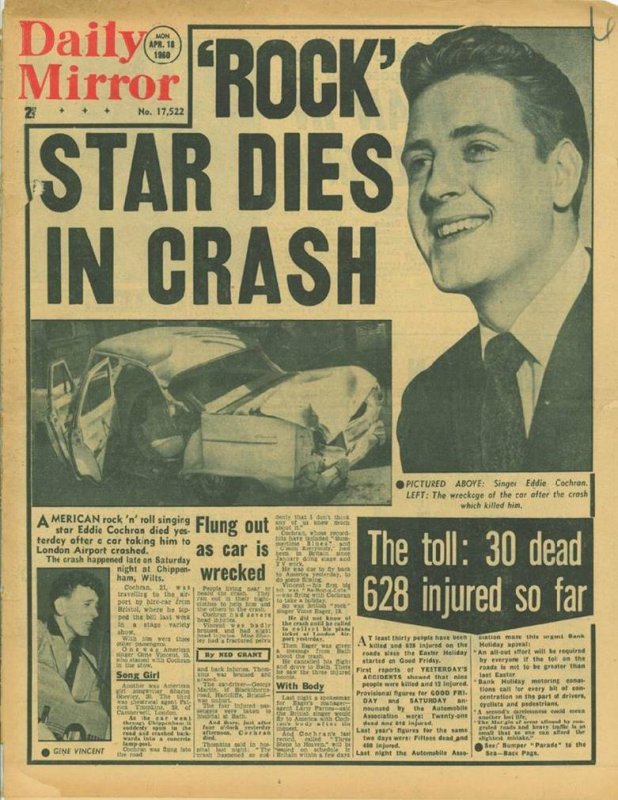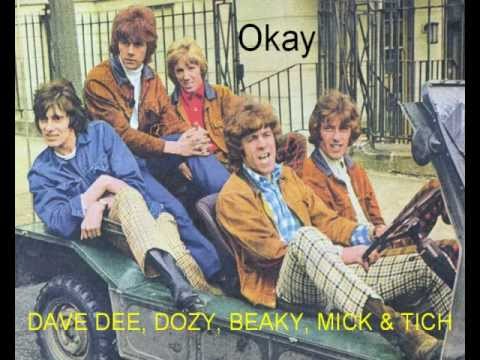Revolutionary Folk From Scotland.
The original sequel to Big Gold Dream was an attempt to dispel a myth: that rather than being beardy light entertainment,Scotland's folk-music was actually an important and radical part of the foundations of late 60s UK/US counter-culture music.>
The original sequel to Big Gold Dream was an attempt to dispel a myth: that rather than being beardy light entertainment,Scotland's folk-music was actually an important and radical part of the foundations of late 60s UK/US counter-culture music.>

The film never happened–due to potential contributors shuffling off to the great folk club in the sky. It is returning as a book however so here are some of the more interesting players who,along with the UK's other scenes would play a huge role in creating a musical underground>
1. Jimmie Macgregor and Robin Hall. Mostly known as the hosts of the White Heather Club, the epitome of everything uncool. But they also hosted The London Folk Song Cellar and gave hugely important early exposure to Anne Briggs, Martin Carthy+ Watersons.


Alex Campbell. One of the most important characters in the entire folk revival. Showed the 'other way' from Ewan McColl's increasing traditionalism. Travelled the world and returned with strange tunings. Hugely influential on Davy Graham and gave Sandy Denny her first recordings. 

Ewan MacColl. Now regarded as the benchmark for unconditional traditionalism.This overshadows his earlier days of discovery, rediscovery and a desire to explore different paths. Without a doubt, the most influential person in UK folk, married to Peggy Seeger, the queen of US folk 

Donovan. Now marmite amongst critics, his attitude and UK 60s legal issues cloud how huge, influential and innovative he was in the US in the 60s, foraging his own path from trad folk to opening up to fully blown psychedelia and whimsy-and showing the path for Jefferson Airplane 

Dav(e)y Graham. While not Scots born, his Scottish father and upbringing fits. Taken under the wing of Alex Campbell he adopted his strange tunings, and mixed them with his love of jazz and the beats took the possibilities of folk to a new level. Jimmy Page was clearly listening. 

While we're stealing those not born in Scotland we'd better claim Richard Thom(p)son too. His Scottish father and childhood holidays in Galloway had a huge influence on the Fairports, bringing in traditional Scots ballads long before Ashley took them down another road. 

Linda Thompson is also being taken into the wings. Again, not born in Scotland she grew up in Glasgow from 6 with her Scottish mother. Linda's 70s albums with Richard would become hugely influential beyond the confines of folk, with REM providing one of the most unexpected covers 

Bert Jansch. His leaving of Glasgow in the early 60s, fully formed betrays the importance of Scotland's folk scene to his development.Unfortunately, like with most other places at that time anyone who wished to succeed in the music business had to move to London, where he thrived 

John Martyn. His larger than life, often bullish personality betrays the immense sensitivity within his music – lyrics, tender voice and most notably hugely innovative guitar style . While increasingly sporadic in later years he never released a bad record. 

Incredible String Band. Donovan brought folk whimsy and early psychedelia to many of the emerging SF bands, ISB, while incorporating Alex Campbell and Davy Graham's eastern and exotic influences unarguably set the template for what would later be known as Acid Folk. 

Ian Campbell. While nominally seen as a traditionalist, after moving to Birmingham his Folk Group would bring the genre to mainstream attention.He's also responsible for taking future Fairport's post-trad catalyst, Dave Swarbrick under his wing.And he's UB40's Ali Campbell's dad 

Al Stewart. Another Glasgow refuwegee. Later known for the mainstream singer/songwriter success of Year of the Cat, he was an early and pioneering part of London's folk club scene, playing on Jackson C Frank's album and leaving Paul Simon with a focus to write his own material. 

Archie Fisher. Hugely important in the development of the Scottish folk scene, with one of the UK's first folk festivals.Without him there would be no ISB, Bert, Barbara Dickson (another hugely important figure) or a place for any of those who left Scotland to find fame in London 

Shelagh McDonald. One of the most mysterious figures in the field of Acid Folk. Part of the Edinburgh scene that left for London after the success of ISB. For decades she appeared to have vanished after leaving only two magical albums. 

Some of those inspired by ISB decided to stay in Edinburgh, helped by the entrepreneurs who would open the infamous London club, ME. Bread, Love and Dreams created a new scene around the Traverse Theatre where a young Bob Last and Hilary Morrison would begin their career... 

While due to its nature, no single city, place or country can make any significant solo claim for being the prime innovator in the folk revival, or underground music – and this make no such claim ....
– it does intend to redress that Scotland played a large part in the UK (and Ireland's) contribution towards the 60s underground rock movement, via folk; much like what happened in the US via Grateful Dead, Jefferson Airplane, Byrds etc rather than simply via The Beatles. 

• • •
Missing some Tweet in this thread? You can try to
force a refresh




















